HSC Open Seminar
“Obesity Prevention in Men” with Professor Edwin van Teijlingen
Wednesday 2nd July 2014
13.00 – 13.50pm
Bournemouth House, B126
On July 2nd Prof. Edwin van Teijlingen will present findings from a HTA report published this month. Researchers from the University of Aberdeen, Bournemouth University and the University of Stirling examined the evidence for managing obesity in men and investigated how to engage men with obesity services. The evidence came from trials, interviews with men, reports of studies from the UK, and economic studies.
The research found that men are more likely than women to benefit if physical activity is part of a weight-loss programme. Also eating less produces more weight loss than physical activity on its own. However, the type of reducing diet did not appear to affect long-term weight loss.
Prof. van Teijlingen will highlight some of the key messages for Public Health policy and practice. For example, that although fewer men than women joined weight-loss programmes, once recruited they were less likely to drop out than women. The perception of having a health problem, the impact of weight loss on health problems, and the desire to improve personal appearance without looking too thin were motivators for weight loss amongst men.
This work has been funded as part of the ROMEO project (Review Of Men and Obesity) by the National Institute for Health Research, Health Technology Assessment Programme (NIHR HTA Project 09/127/01).
The full report can be downloaded here: http://www.journalslibrary.nihr.ac.uk/__data/assets/pdf_file/0019/118180/FullReport-hta18350.pdf
–xx–
We hope you can make it and we look forward to seeing you there.
Beckie Freeman
Academic Community Administrator| Health & Wellbeing Community
01202 962184 | rfreeman@bournemouth.ac.uk
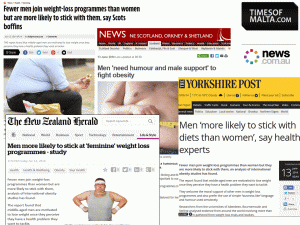
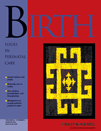

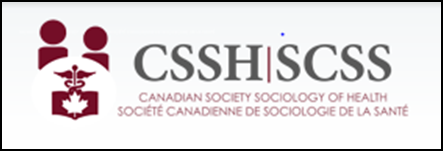



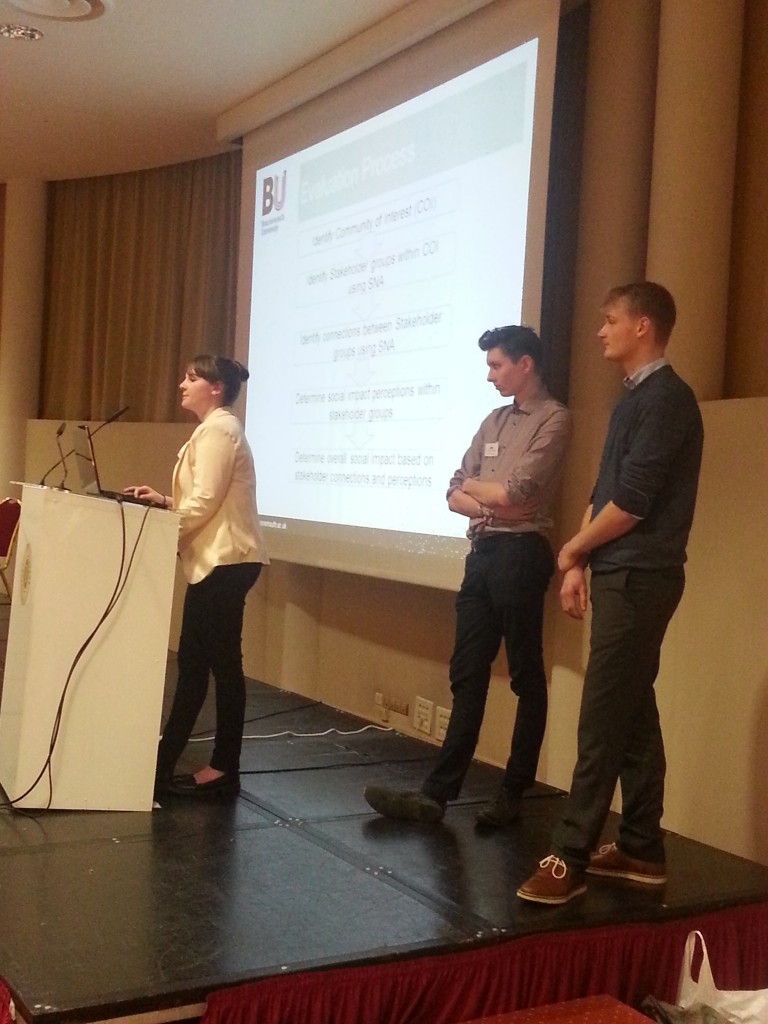

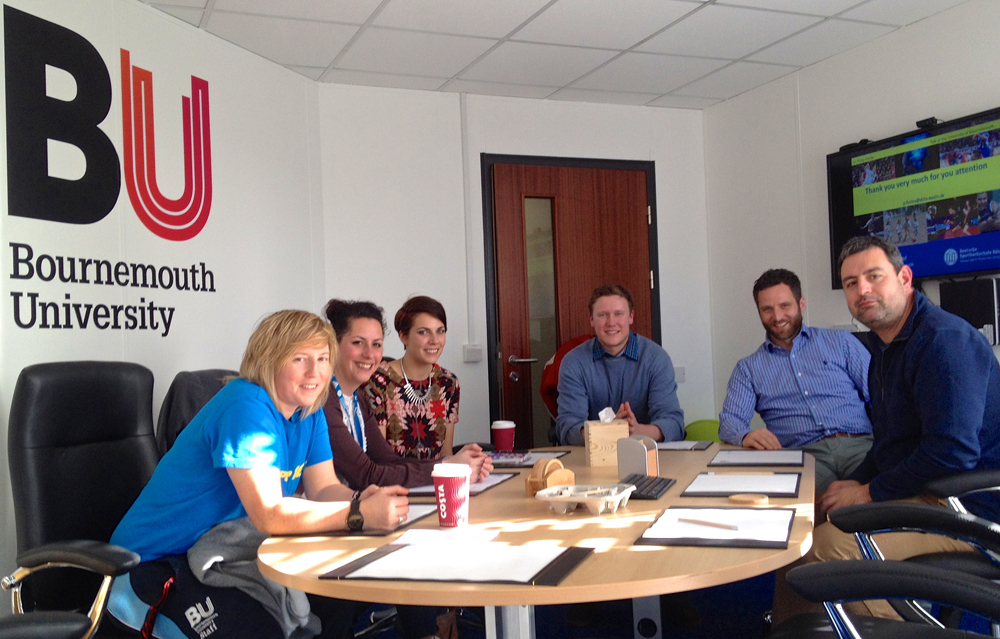
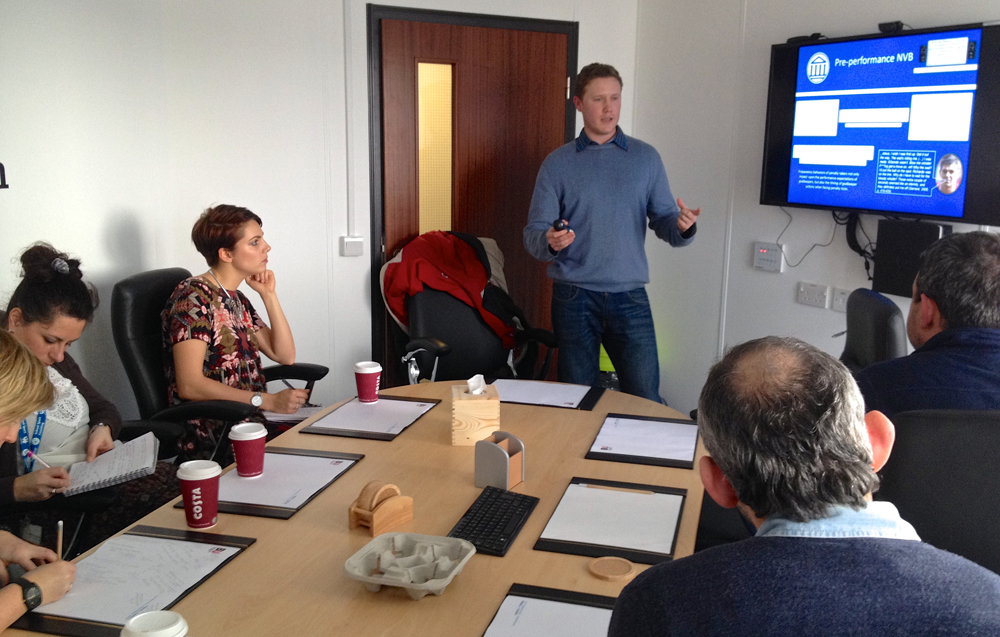
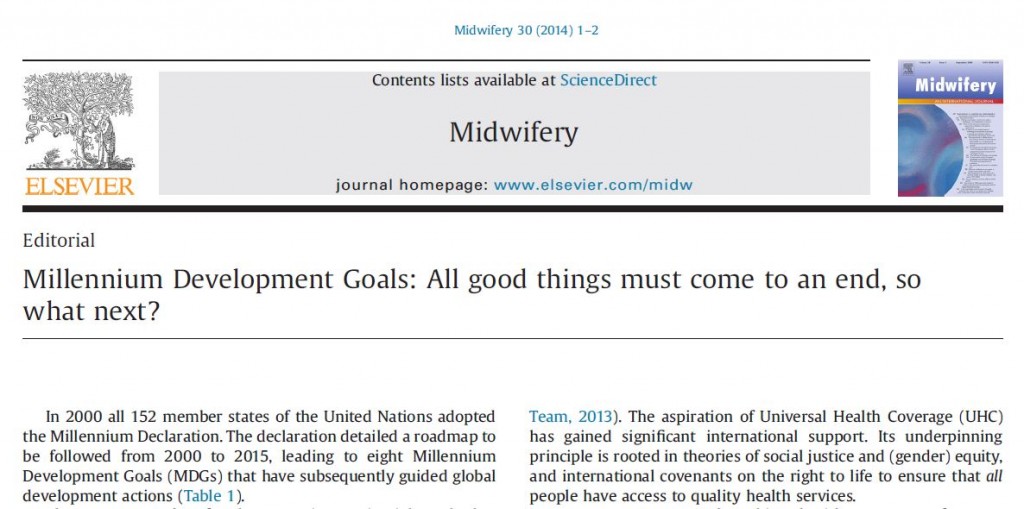
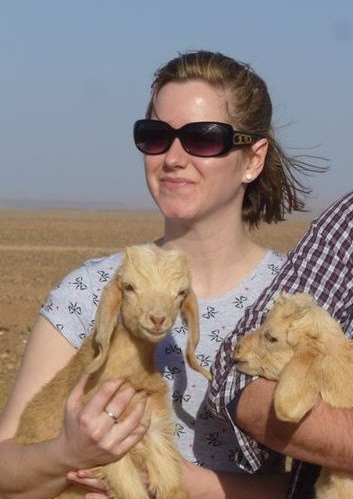
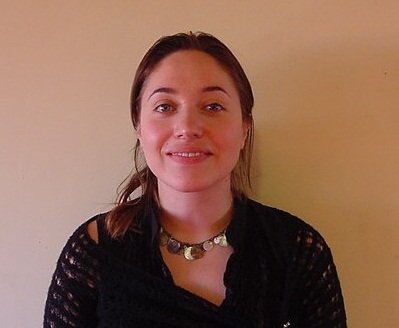
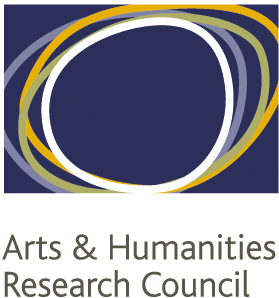 On January 20, 2014 Bournemouth University played host to a lunchtime visit from the AHRC. The funding advice seminar covered general information about the Arts & Humanities Research Council, as well as tips and advice on AHRC bid writing here at from BU. In the lead up to the AHRC visit, the
On January 20, 2014 Bournemouth University played host to a lunchtime visit from the AHRC. The funding advice seminar covered general information about the Arts & Humanities Research Council, as well as tips and advice on AHRC bid writing here at from BU. In the lead up to the AHRC visit, the 




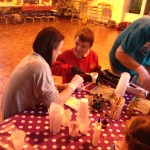

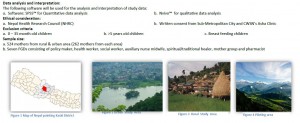












 Dr. Ashraf cited on ‘Modest Fashion’ in The Guardian
Dr. Ashraf cited on ‘Modest Fashion’ in The Guardian NIHR-funded research launches website
NIHR-funded research launches website Academics write for newspaper in Nepal
Academics write for newspaper in Nepal New paper published on disability in women & girls
New paper published on disability in women & girls Global Consortium for Public Health Research 2025
Global Consortium for Public Health Research 2025 MSCA Postdoctoral Fellowships 2025 Call
MSCA Postdoctoral Fellowships 2025 Call ERC Advanced Grant 2025 Webinar
ERC Advanced Grant 2025 Webinar Horizon Europe Work Programme 2025 Published
Horizon Europe Work Programme 2025 Published Horizon Europe 2025 Work Programme pre-Published
Horizon Europe 2025 Work Programme pre-Published Update on UKRO services
Update on UKRO services European research project exploring use of ‘virtual twins’ to better manage metabolic associated fatty liver disease
European research project exploring use of ‘virtual twins’ to better manage metabolic associated fatty liver disease